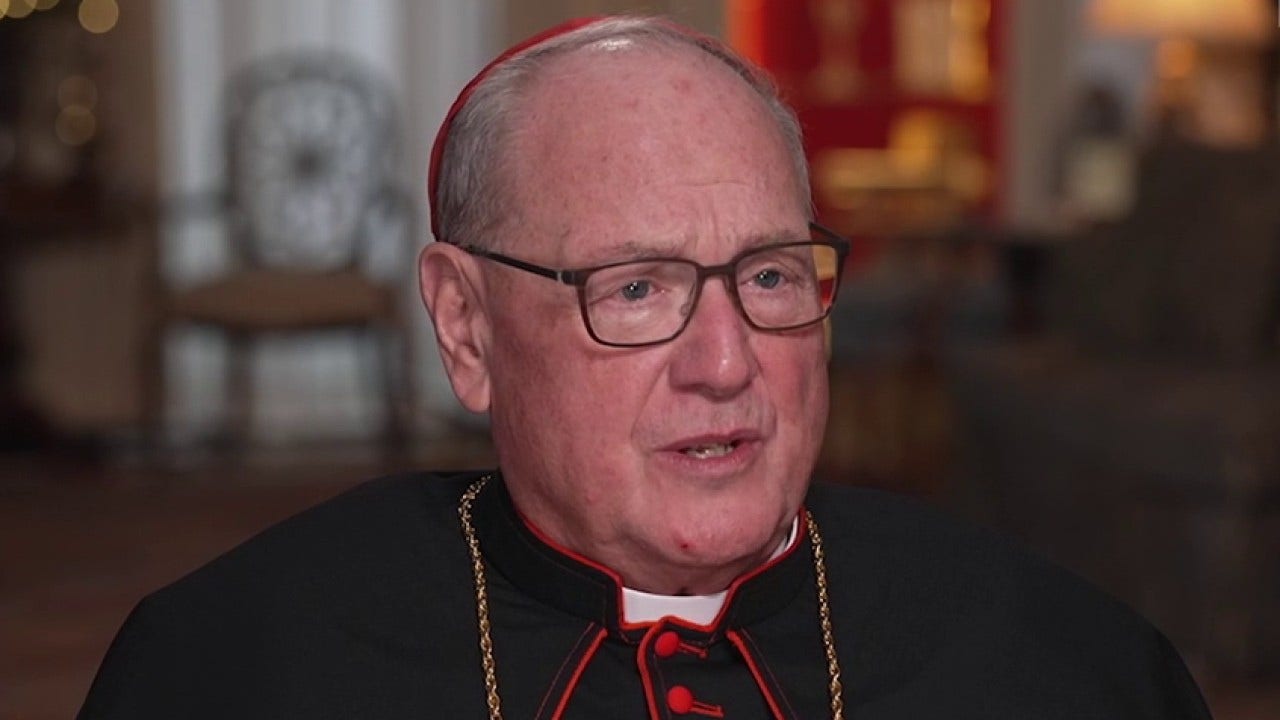World
Trump advisers propose bypassing FBI background checks for appointees

Donald Trump could skip FBI background checks to grant immediate security clearance to numerous appointees who might otherwise fail to pass traditional vetting hurdles, according to a memorandum prepared by his closest advisers.
A memo being promoted by Boris Epshteyn, a senior legal adviser to the former president, is urging him to dispense with the time-honoured convention – originally designed to protect national security – as an apparent means of packing a new administration with loyalists subordinate to him rather than the US government in general.
The move would be intended to eliminate the risk of Trump’s nominees for senior posts being subject to intrusive background investigations intended to check for criminal histories, conflicts of interest or other potential liabilities that would normally be deemed disqualifying.
The proposal, initially reported by the New York Times, also recommends hiring private investigators and researchers to carry out the vetting historically conducted by the FBI and other government agencies, of which Trump has grown suspicious.
The goal is to avoid a repeat of Trump’s presidency when several appointees – including Jared Kushner, the ex-president’s son-in-law, and Epshteyn himself – experienced long delays to their security clearance while the bureau conducted extensive and intrusive checks.
Kushner, who was a senior White House adviser and Middle East envoy under Trump, underwent months of background investigations for reasons that were never disclosed before the then president eventually overrode the process and ordered him to be given clearance.
Background checks on government appointees have been part of the US system for protecting classified national security secrets dating back to the second world war and early cold war.
But it is based on executive orders and memorandums of understanding rather than congressional legislation, giving Trump leeway to upend the convention if elected.
A US supreme court ruling has granted the president ultimate authority over decisions about sharing and restricting national security information in his role as commander-in-chief of the armed forces.
Trump and his advisers have long harboured suspicions about the FBI background check system, believing it can be used to dig up personal information about prospective appointees that can then be used to inflict political damage.
While the former president has long distrusted the FBI and accused it of being part of a “deep state” conspiracy designed to undermine him, it is unclear whether he has seen the memo proposing to cut it out of vetting procedures.
Under the terms of a current memorandum of understanding, the bureau conducts investigations into prospective White House staff appointees, involving agents poring over law enforcement data bases and interviewing people who know them.
Criteria for examination include criminal conduct, psychological conditions, personal behaviour, alcohol and substance abuse, foreign contacts and personal finances.
Interim clearance can be granted if initial checks uncover no red flags. But access to more sensitive information is restricted until they receive permanent clearance.
In 2019, Tricia Newbold, a White House whistleblower, told a congressional hearing that a least 25 officials and contractors had been denied FBI clearance for “disqualifying issues” that could endanger national security – but in any case had been granted clearance by the Trump administration. The identities of the 25 were not disclosed, but one of them appeared to be Kushner.
Several candidates for posts in a new Trump administration could fail to get clearance under the existing process.
They include Peter Navarro, Trump’s former trade adviser, who recently completed a four-month jail sentence for contempt of Congress after refusing to comply with a subpoena over the investigation into the 6 January 2021 attack on the US Capitol carried out by the former president’s supporters after he lost the 2020 election to Joe Biden. Another could be Steve Bannon, a former White House strategist under Trump, who is currently serving a prison sentence for a similar conviction.










